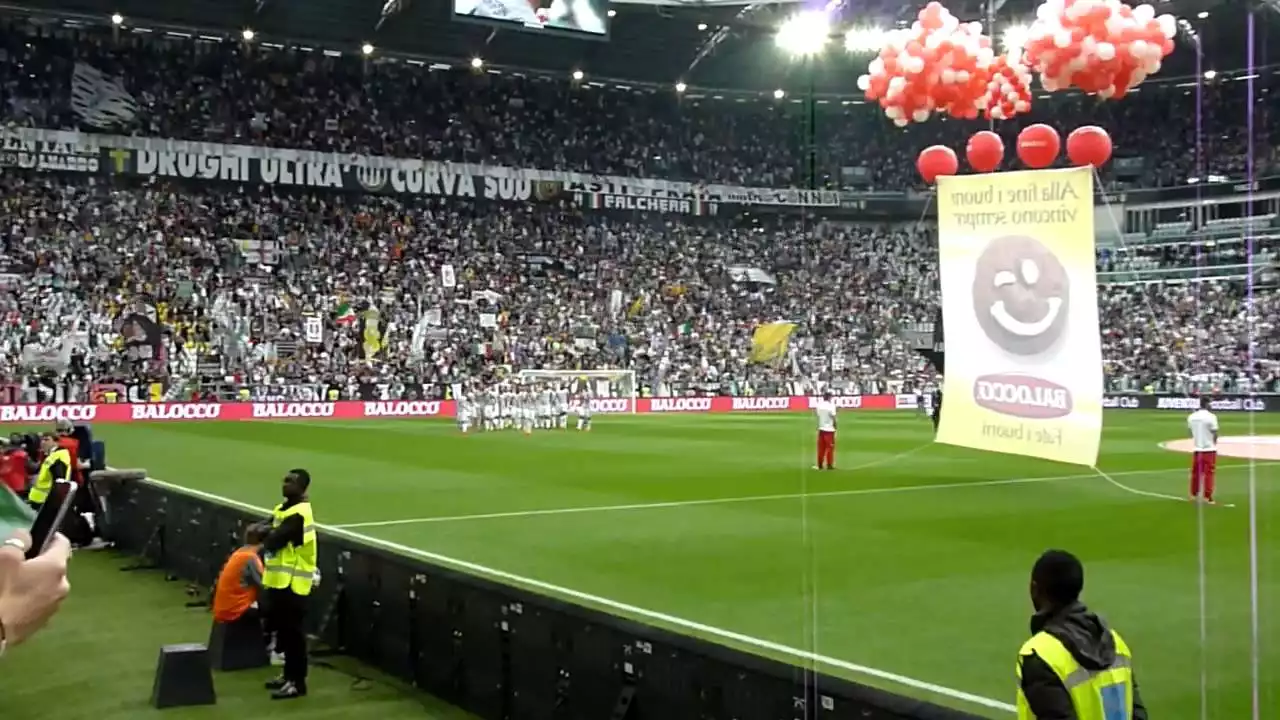Importance of qualification in Serie A and Coppa Italia
Qualifying for European competitions holds immense importance for teams in Serie A. It not only brings prestige but also provides financial rewards and exposure on the international stage. European qualification can attract top players, improve a team's reputation, and even contribute to a club's overall revenue.
Similarly, the Coppa Italia is a prestigious competition that offers teams a chance to win silverware and secure a place in European tournaments. For smaller teams, this presents a rare opportunity to compete against the country's elite and showcase their abilities.
Serie A qualification process
In Serie A, teams earn points based on their performances throughout the season. The top four teams at the end of the campaign secure direct qualification to the UEFA Champions League, while the fifth and sixth-placed teams earn a spot in the UEFA Europa League. These positions ensure participation in European competitions regardless of their Coppa Italia performance.
However, if a team that finishes in the top four also wins the Coppa Italia, the Europa League spot reserved for the Coppa Italia winner is passed down to the next eligible team in the league standings, extending the European qualification opportunity to the fifth or sixth-placed team.
Italian Cup qualification process
The Coppa Italia qualification process is slightly different from Serie A. The competition begins with a preliminary round, which involves teams from lower divisions. The winners of the preliminary round join the Serie C, Serie B, and Serie A teams in the subsequent rounds.
The Coppa Italia follows a knockout format, where teams compete in a series of single-elimination matches. The winner of the final is crowned the Coppa Italia champion and secures a place in the UEFA Europa League, provided they have not already qualified for the Champions League through their Serie A position.
Interplay between Serie A and Coppa Italia qualification
The interplay between Serie A and Coppa Italia qualification becomes evident when a team finishes in the top four of Serie A and also progresses to the final of the Coppa Italia. In this scenario, if the team wins the Coppa Italia, they secure a direct Champions League spot, and the Europa League spot originally designated for the Coppa Italia winner is passed down to the next eligible team in the league standings.
On the other hand, if a team finishes in the top four of Serie A but loses in the Coppa Italia final to a team that finishes outside the top four, they still secure a Champions League spot. However, the Europa League spot reserved for the Coppa Italia winner goes to the team that won the competition, regardless of their league position.
Impact of Serie A performance on Coppa Italia qualification
A team's performance in Serie A directly affects their Coppa Italia qualification. If a team finishes in the top eight of Serie A, they receive a bye to the round of 16 in the Coppa Italia, skipping the earlier rounds. This provides them with a significant advantage, allowing them to conserve energy and focus on their league campaign.
Teams that finish outside the top eight in Serie A must participate in the earlier rounds of the Coppa Italia, facing tougher opponents from lower divisions. This increases the likelihood of upsets and adds an additional challenge for teams juggling their Serie A and Coppa Italia campaigns.
Impact of Coppa Italia performance on Serie A qualification
While Serie A performance primarily determines European qualification, a team's Coppa Italia performance can also impact their league campaign. A deep run in the Coppa Italia can lead to fixture congestion, causing fatigue and potential injuries to key players.
This can have a negative impact on a team's Serie A form, potentially affecting their chances of securing a top-four finish. Balancing the demands of Serie A and the Coppa Italia becomes crucial, as teams must carefully manage their squad and prioritize certain matches to maintain competitiveness in both competitions.
Strategies for teams to secure qualification in both competitions
Successfully navigating the interplay between Serie A and Coppa Italia qualification requires strategic planning and effective squad management. Teams often rotate their squads, giving opportunities to squad players and youngsters in earlier rounds of the Coppa Italia while fielding their strongest lineups in crucial matches.
Strategically resting key players during certain Coppa Italia fixtures can help maintain fitness and focus on Serie A. Additionally, teams with deeper squads have an advantage as they can rotate more effectively without compromising on quality.
Challenges faced by teams in balancing Serie A and Coppa Italia campaigns
Balancing the demands of Serie A and Coppa Italia campaigns poses several challenges for teams. Fixture congestion and a hectic schedule can lead to fatigue and injuries, affecting a team's performance in both competitions.
Teams must also consider the psychological aspect of competing on multiple fronts. The pressure to perform in both Serie A and the Coppa Italia can take a toll on players, affecting their confidence and decision-making.
The significance of qualification in both competitions
Qualification for European competitions through both Serie A and the Coppa Italia holds immense significance for teams. It not only boosts a team's reputation and financial standing but also provides opportunities for players to showcase their abilities on the European stage.
For fans, the prospect of European football adds excitement and anticipation to the season. It brings the opportunity to face elite teams from other countries, witness memorable matches, and potentially achieve glory on the continental stage.
Understanding the interplay between Serie A and Coppa Italia qualification adds another layer of excitement to the season. It gives fans a better perspective on which teams are competing for European spots and why certain matches hold even more significance. So, sit back, grab your favorite team's jersey, and let's embark on this journey together!









